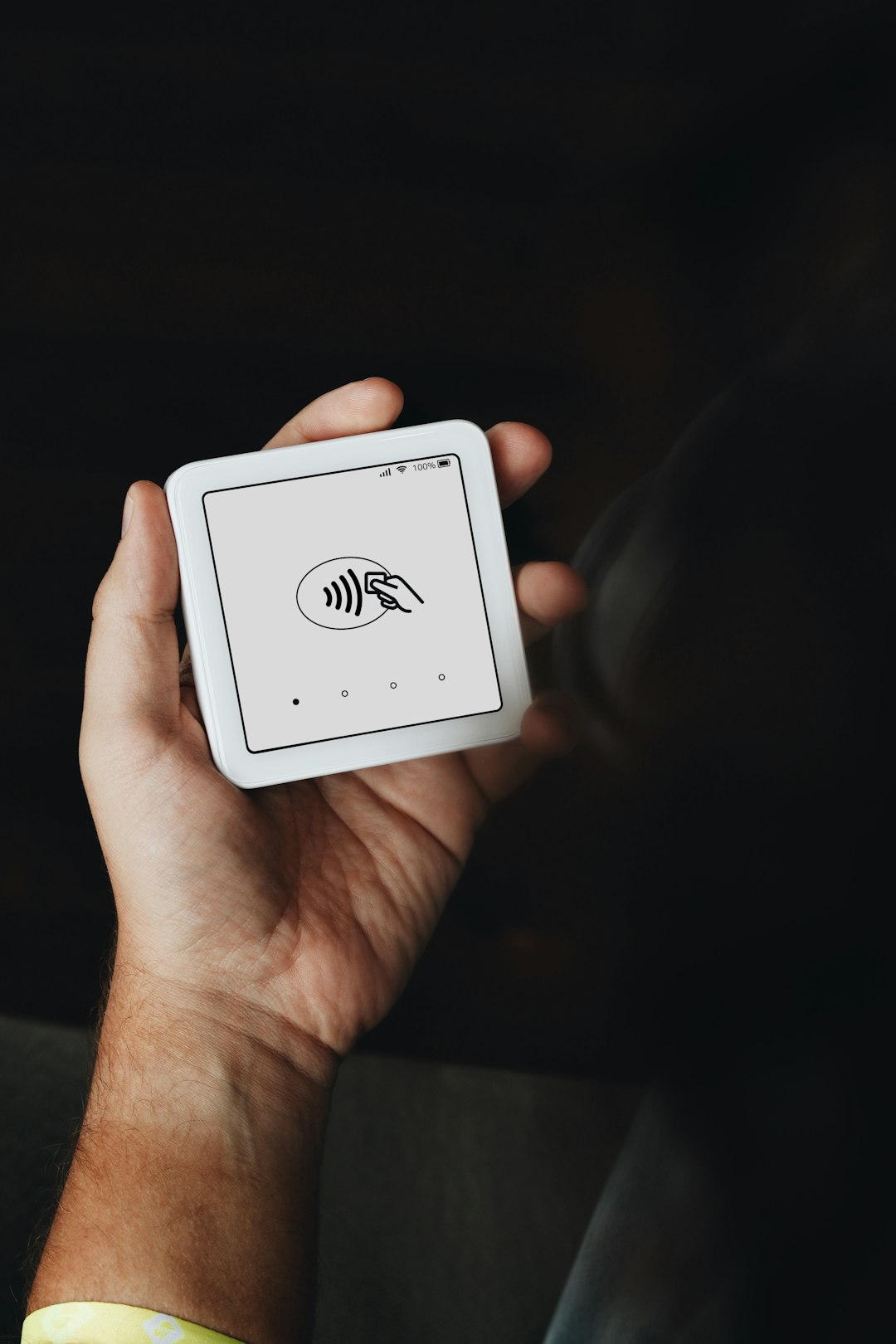In New Orleans, the Fair Debt Collection Practices Act (FDCPA) protects consumers from abusive debt collection practices, including unwanted robocalls. If you're facing such harassment, a lawyer for TCPA Louisiana can guide you on your rights and pursue legal action against violators. They specialize in navigating TCPA cases, assessing evidence like call records, negotiating settlements, and seeking compensation for damages, fees, and costs.
“In the realm of consumer protection, the Fair Debt Collection Practices Act (FDCPA) stands as a crucial legislation limiting debt collector harassment. With New Orleans experiencing an influx of robocalls, this article explores the intersection of these two key topics. We delve into how the FDCPA affects local robocallers and empowers consumers in Louisiana under the Telephone Consumer Protection Act (TCPA). If you’re seeking redress against persistent robocallers, our guide on filing a claim with a lawyer for TCPA cases in Louisiana provides invaluable insights.”
Understanding the Fair Debt Collection Practices Act (FDCPA)

The Fair Debt Collection Practices Act (FDCPA) is a federal law designed to protect consumers from abusive, unfair, and deceptive practices by debt collectors. It sets clear guidelines for how debt collection agencies can interact with debtors, ensuring fairness and transparency throughout the process. Under the FDCPA, debt collectors must identify themselves, provide validation of the debt, and refrain from using false or misleading statements, threatening language, or harassing tactics when contacting consumers.
If you’ve been receiving unwanted robocalls in New Orleans related to debt collection, understanding your rights under the FDCPA is crucial. A lawyer specializing in TCPA Louisiana can help navigate these complex legalities, ensuring your rights are protected and providing guidance on potential courses of action against violators.
The Impact of FDCPA on New Orleans Robocalls

The Fair Debt Collection Practices Act (FDCPA) significantly shapes the landscape of debt collection, including in New Orleans and across Louisiana. This federal legislation was designed to protect consumers from aggressive or unfair practices by debt collectors. In the context of New Orleans robocalls, the FDCPA plays a crucial role in ensuring that residents are not subjected to harassing or deceptive collection tactics.
When a consumer receives unwanted or abusive robocalls, particularly regarding personal debts, they may have legal recourse under the FDCPA. A lawyer for TCPA Louisiana can help individuals understand their rights and take appropriate action against violators. By establishing clear guidelines on collector behavior, the FDCPA prevents excessive calling, false or misleading statements, and other unethical practices, thereby offering New Orleanians peace of mind and legal protection in their dealings with debt collectors.
Rights of Consumers Under the TCPA in Louisiana

In Louisiana, consumers have significant rights under the Fair Debt Collection Practices Act (TCPA) to protect them from harassing or abusive debt collection practices. If you’re receiving robocalls in New Orleans related to debts, understanding your rights is essential. A lawyer for TCPA Louisiana can help navigate these complex legalities and ensure your rights are upheld.
The TCPA grants consumers the power to stop unwanted calls, including those from debt collectors, by registering their phone numbers on the National Do Not Call Registry. It also prohibits automated or prerecorded calls to cell phones without prior express consent. Consumers can take action if they believe their rights have been violated by filing a complaint with the Federal Trade Commission (FTC) or seeking legal recourse through a lawyer for TCPA Louisiana.
How to File a Claim Against Robocallers: A Lawyer's Guide for TCPA Cases

If you’ve received unwanted robocalls in New Orleans, you may be entitled to compensation under the Telephone Consumer Protection Act (TCPA). As a consumer, you have rights against companies and individuals who violate this federal law by making automated, prerecorded calls without your prior consent. To file a claim against robocallers, it is highly recommended to consult with a lawyer specializing in TCPA cases in Louisiana.
A lawyer for TCPA Louisiana can guide you through the legal process, helping you understand your rights and options. They will assess the specifics of your case, review relevant laws, and determine if you have a strong claim. This includes gathering evidence, such as call records and recordings, to support your case and negotiating with the defendants to secure fair compensation, including damages per violation, attorney’s fees, and court costs.






